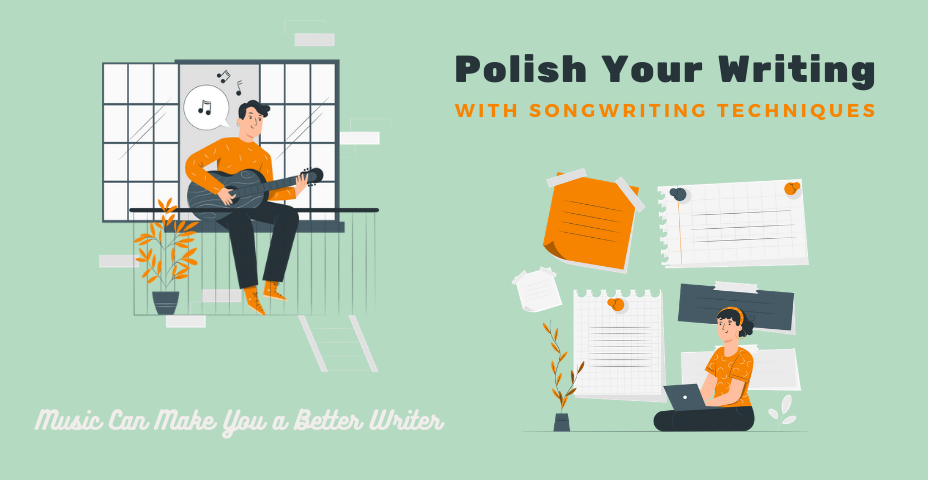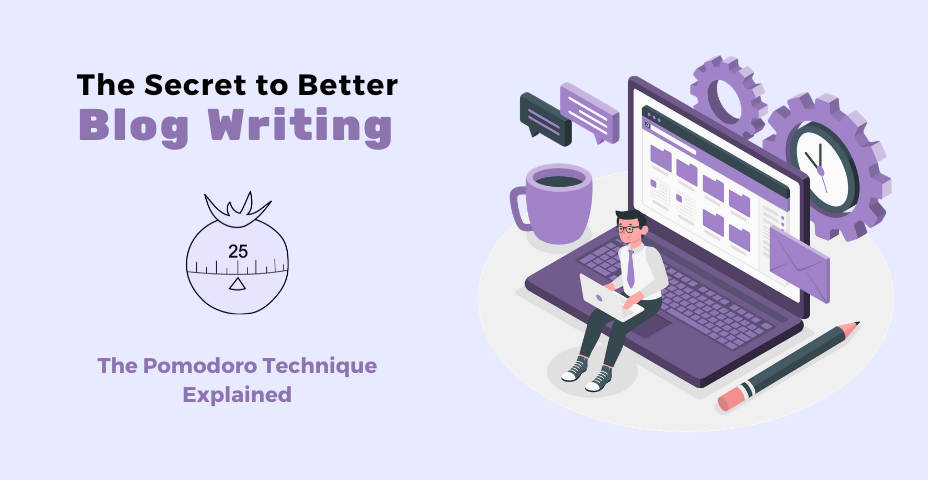Whatever type of intellectual product you are creating, there is this little (but very important) thing you have to keep in the back of your mind. Yes, copyright. It’s important both for web content writers and their clients. Of course, you don’t need to know everything about it, just the parts that matter. If you think there is definitely room for increasing your understanding of copyright when it comes to content creation, give this article a read.
Know your rights. And your responsibilities, if I may add.
Copyright legislation is essentially what prevents people from stealing and reusing any piece of personal creation that doesn’t belong to them.
Each country has its own law & regulations regarding copyright so always keep that in mind. Many share similarities but in general, don’t assume that what works for the United States will work in the EU, for example. Just a heads up, I’ll be focusing on US law in this article.
Bottom line, all creative work that you produce and publish including written pieces, photography, design, etc. is yours from the moment it reaches the world up to 70 years after you die (or up until you sell the rights to someone else).
Where to Find Information About Copyright?
As simple as the answer may sound, online government resources should be your first stop.
And here is the Copyright Law of the United States. Yes, all 300+ pages of it. Do you have the time? If you do, that’s great. For everyone else, I suggest the following:
Save yourself some time and check the Frequently Asked Questions on the US government’s website dedicated to Copyright Law. You will find what kind of works are protected. Unfortunately for many of us, ideas as such don’t fall into this category. Which means that all freelance web content writers must be careful as their ideas may be stolen or used. This is important for all creatives, actually.
Another great place to start your research on copyright law and intellectual property is FindLaw’s section on the matter.
Work For Hire
As a content writer, whether you are writing blog articles or work on a project, a large part of your work will be done for another party. You will be employed to write for a business or an organization. In most cases, whoever pays you has ownership of your work. This is what ‘work for hire’ stands for in the most basic terms. In this case, you don’t own your creations, as well as the right to decide how they are used.
Unless bound by some kind of contract, stating that the rights for the written piece remain for the writer, the buyer/commissioner is their owner. Which means if you are the web content writer, you can’t resell the piece afterward either.
Want to Use Someone’s Work?
Paying credit and establishing ownership
The thing is, we all use others’ work as a point of reference. Whether it’s to draw some inspiration or to build on someone’s previous findings. By and large, a proper citation is always due. On the web, there are plenty of ways to give credit. Seen those “I don’t own this song/video” disclaimers on YouTube? That’s one way to do it.
One of the simplest ways is to put a link to that article or page that inspired your text. That’s also great for them from an SEO point of view.
If you fail to cite them or used their work without permission, and they find out, two things could happen. The individual or business might approach you and ask you to take the piece of content down. But, they may also take it to court. So be careful and be aware there are plenty of online tools that can track the use of content on the Internet.
Plagiarism
Plagiarism is copying or rewording someone else’s text or ideas and sharing them as your own. Avoiding plagiarism is something web content writers learn on day one of their careers. Or at least they should. It’s detrimental to your SEO and definitely to the quality of your texts. The line between rewording, copying, and stealing is a very thin one sometimes. Always be aware of that when you are looking for online inspiration for your next blog.
But what happens if it wasn’t intentional?
Unfortunately, this doesn’t justify breaking the law. There are online tools you can use to check plagiarism percentage. Of course, they will use their algorithm to detect exact matches only. And plagiarism can be more subtle than that, it doesn’t have to be word-for-word.
Too many citations and not enough original content surrounding them may also be considered as copyright breach. There are instances, in the case of content curation, where you are directly and openly using someone else’s content. Sharing an exact copy of someone’s intellectual property can get tricky. If you are not sure how to proceed, get a consultation with a lawyer to be sure you are on the safe side.
Have I missed something? Did you learn something new today? Let’s discuss in the comments section below!








